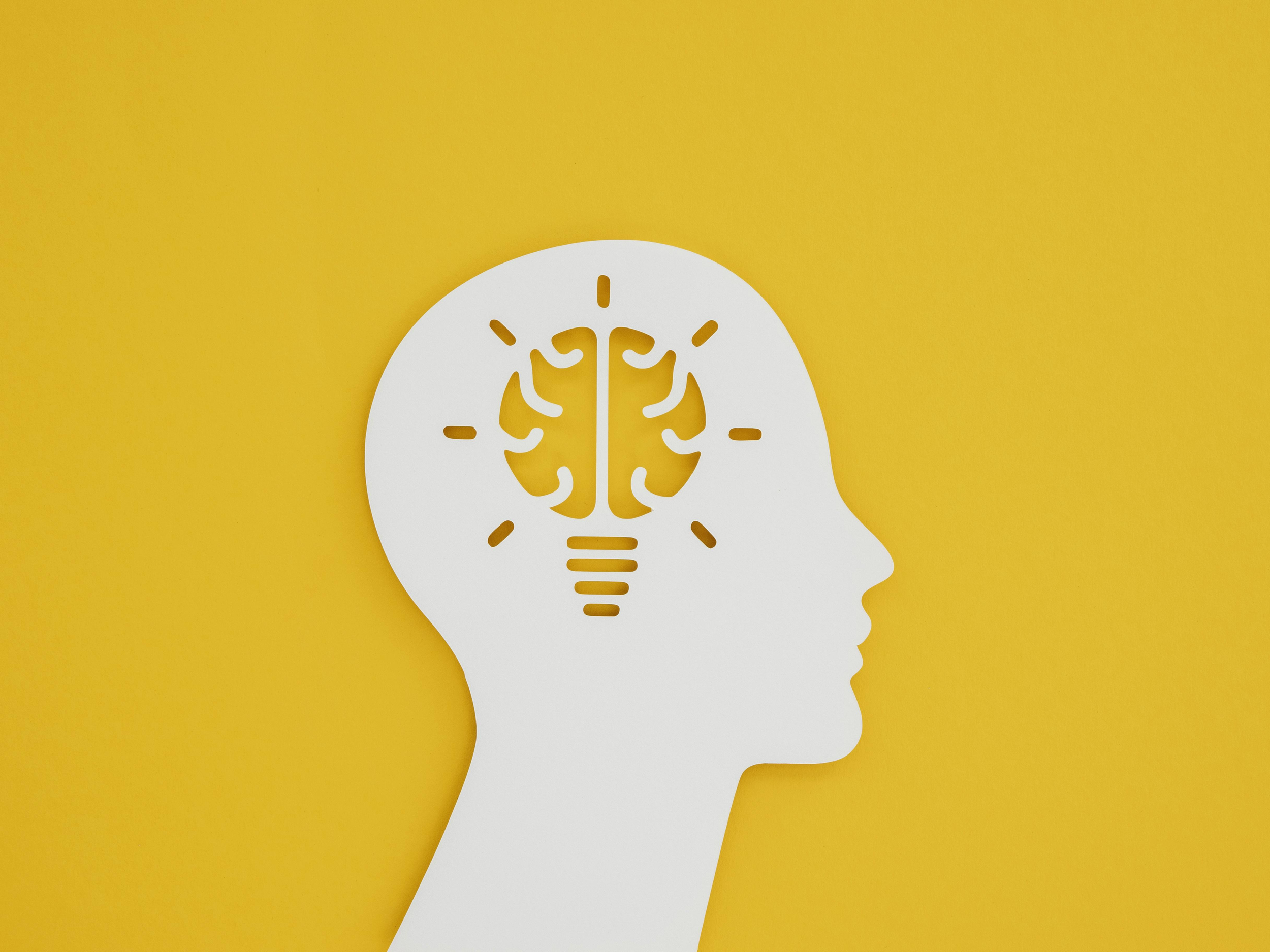
Don’t make up your mind.
“Knowing” is the end of learning.
-Naval Ravikant
Breathwork Resources
Mr. James Nestor, a bestselling author who has carried out extensive research into the science of breathing. https://www.mrjamesnestor.com/
Article discussing Breathwork benefits. https://www.mindbodygreen.com/articles/the-benefits-of-breathwork/
The International Breathwork Foundation. They have a lot of great information on different aspects of Breathwork.
Good explanation of Breathwork and different types.
This article explains the benefits of breath hold techniques.
https://betterme.world/articles/benefits-of-holding-your-breath/
Mindfulness & Meditation Resources
Some simple tools to get you going. https://schoolofpositivetransformation.com/understanding-the-art-of-mindfulness-easy-tips-for-practice/
Another resource outlining the benefits of Mindfulness and Meditation.
https://www.retireguide.com/retirement-life-leisure/healthy-aging/mental-wellness/meditation/
An interesting study into the effects and improvements of meditation on depression.
A wonderful resource on all things relating to mindfulness from one of the most loved and respected teachers of the practice.
EFT Resources
The Science of Tapping has collated lots of research.
Preliminary Report of the First Large Scale Study of Energy Psychology with Brain Scans
https://www.scienceoftapping.org/first-large-scale-study-of-energy-psychology-with-brain-scans/
EFT has been listed in the NICE Guidelines.
HeartMath Resources
“HeartMath Institute research has demonstrated that different patterns of heart activity (which accompany different emotional states) have distinct effects on cognitive and emotional function.”
Over 30 years of scientific research conducted at the HeartMath Institute on the psychophysiology of stress, emotions, and the interactions between the heart and brain. Over 500 peer-reviewed or independent studies utilizing HeartMath techniques or technologies to achieve beneficial outcomes have been published.
“Most of us have been taught in school that the heart is constantly responding to “orders” sent by the brain in the form of neural signals. However, it is not as commonly known that the heart actually sends more signals to the brain than the brain sends to the heart!”

